This article is archived and only made available for historical reference. If you’d like to discover UCSF’s most recent advances in research, education and patient care, please visit the UCSF News Center.
Archive: 2014 Year in Pictures
Browse through a collection photos marking 30 of the biggest moments and milestones that UCSF saw this year in research, patient care and education.
Return to 2014 Year in Review »

CLEAN SWEEP: UCSF kicked off the year by celebrating a landmark 2013 in federal research funding. For the first time ever, UCSF’s schools of dentistry, medicine, nursing and pharmacy each topped the nation in National Institutes of Health funding. The University as a whole received more than $500 million in NIH grants – the most of any public institution and second overall in the nation. Zev Gartner, PhD, pictured here, was among the top grant recipients in the School of Pharmacy. Photo by Elisabeth Fall

STAND UP FOR SCIENCE: A group of five UCSF graduate students and a postdoctoral scholar – Florie Charles, Nir Oksenberg, Marta Wegorzewska, Osama Ahmed, Argenta Price and Christin Chong, PhD – won a national video competition in February called “Stand Up for Science" to convey the importance of basic science research. The team took a clever, interactive approach to illustrating their point.

KEY PARTNERSHIP IN DIGITAL HEALTH: Preventive health solutions using sensors, algorithms, and digital health technologies are closer to becoming a reality thanks to a partnership between UCSF and Samsung Electronics Co., Ltd., establishing the UCSF-Samsung Digital Health Innovation Lab at Mission Bay. The goal is to accelerate validation and commercialization of promising new health-related technologies. Photo by Cindy Chew

MODERN PHARMACY: In March, a new initiative by UCSF and Walgreens launched a pilot store at Parnassus that offers the most advanced level of community pharmacy care available in the United States. For UCSF, it serves as a teaching ground for student pharmacists, a clinical training site for pharmacy residents and a research facility that explores new pharmacy patient-care models and program. Photo by Elisabeth Fall

BRAIN POWER: Adam Gazzaley, MD, PhD, opened the Neuroscape lab in March at UCSF’s Mission Bay campus, where he’s developed a way to display a person’s brain activity while it’s thinking, sensing and processing information. The vivid images allow researchers to see what areas of the person’s brain are being triggered – or, in the case of certain diseases, not triggered. Image courtesy of Neuroscape Lab

STRENGTHENING BAY AREA KIDS: UCSF Benioff Children’s Hospital in San Francisco affiliated with Children’s Hospital Oakland in January, building on their mutual commitment to caring for children in local communities. Four months later, Lynne and Marc Benioff donated $100 million to the newly partnered institutions, establishing the new umbrella name of UCSF Benioff Children’s Hospitals. The gift has strengthened the existing talent and programs at the two premier institutions.

EARLY CAREER HONORS: Four UCSF researchers were among 102 recipients of the Presidential Early Career Awards for Scientists and Engineers, the highest honor bestowed by the U.S. government to science and engineering professionals in the early stages of their careers. UCSF honorees were Karunesh Ganguly, MD, PhD; Katherine Rauen, MD, PhD, MS; Shingo Kajimura, PhD; and Young-Shin Kim, MD, PhD, MS, MPH. Image courtesy of White House

TACKLING PRETERM BIRTH: Approximately 15 million babies are born premature each year, and more than 1 million of these infants die within the first 28 days. A $100 million gift from Lynne and Marc Benioff and the Bill & Melinda Gates Foundation has allowed UCSF Benioff Children’s Hospitals to lead a collaborative global initiative aimed at reducing these alarming statistics. Photo by Cindy Chew

UNTANGLING BRAIN CIRCUITS: In May, a team led by UCSF launched a $26 million project to map the human brain circuits that go awry in neuropsychiatric disorders and employ advanced technology to correct these patterns. It’s one of the first projects launched in support of the $100 million BRAIN Initiative, announced by President Barack Obama last year to support research on treating, preventing and perhaps curing brain disorders. Photo by Cindy Chew
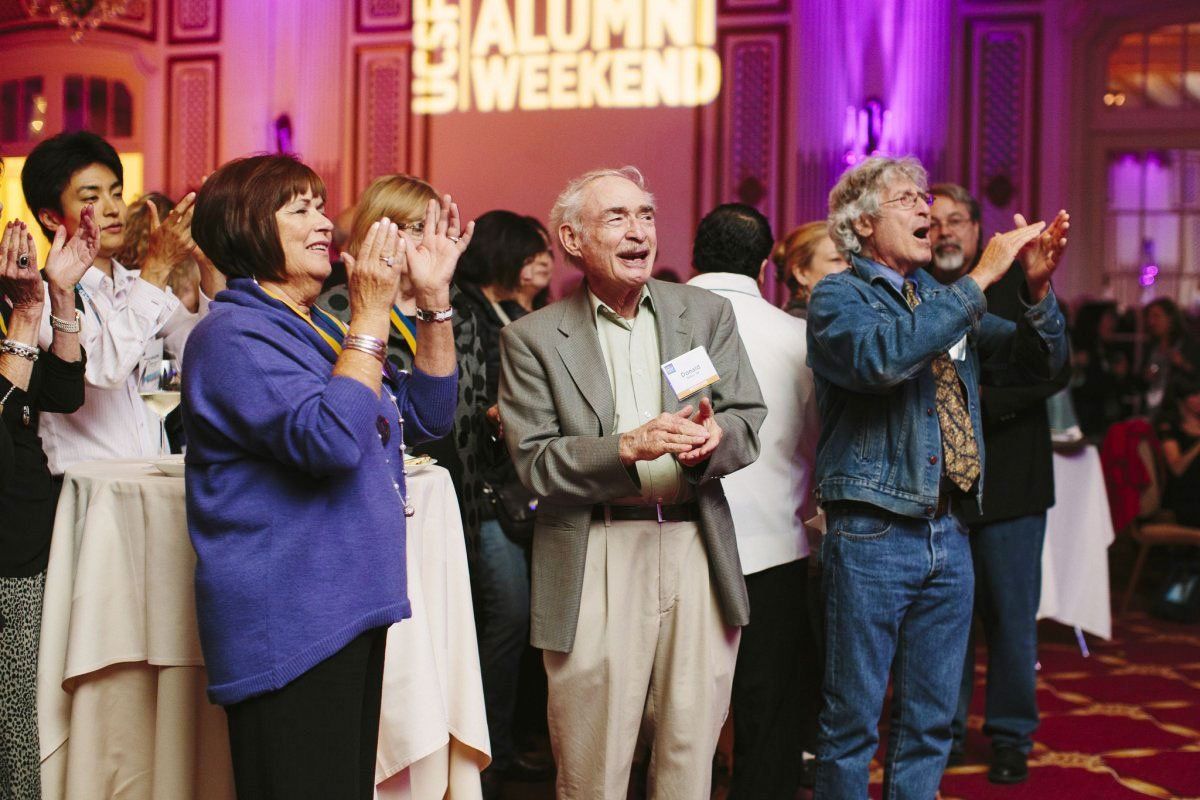
REUNITING FEELS GOOD: Although UCSF has been around for 150 years, it’s only been in the last three years that alumni from all schools have reunited at the same event. The strategy has resonated with the greater UCSF community: this year, 2,054 attended Alumni Weekend on May 29-31, making it the most successful alumni event in UCSF history.

BEST HOSPITALS AGAIN: UCSF Medical Center was among the nation’s premier hospitals for the 13th consecutive year, ranking as the eight best hospital in the 2014-15 America’s Best Hospitals survey from U.S. News & World Report. It also earned a spot on the survey's honor roll, which highlights just 17 hospitals out of nearly 5,000 for expertise in treating the most challenging patients across a range of medical specialties. Photo by Elisabeth Fall

NEW CHANCELLOR: School of Medicine Dean Sam Hawgood, MBBS, was confirmed as UCSF’s 10th chancellor in a unanimous vote by the UC Board of Regents in July. Hawgood, 61, whom UC President Janet Napolitano tapped for the position after an international search for a leader for the $4.2 billion health sciences campus, succeeded Susan Desmond-Hellmann, MD, MPH. Photo by Cindy Chew

GUT INSTINCTS: It seems that bacteria within us – which outnumber our own cells about 100-fold – may very well be affecting both our cravings and moods to get us to eat what they want, and often are driving us toward obesity. A UCSF study published in August highlighted the health impact of the gut microbiome, an area of research that has potential to tackle illnesses such as diabetes and cancer. Illustration by Charis Tsevis
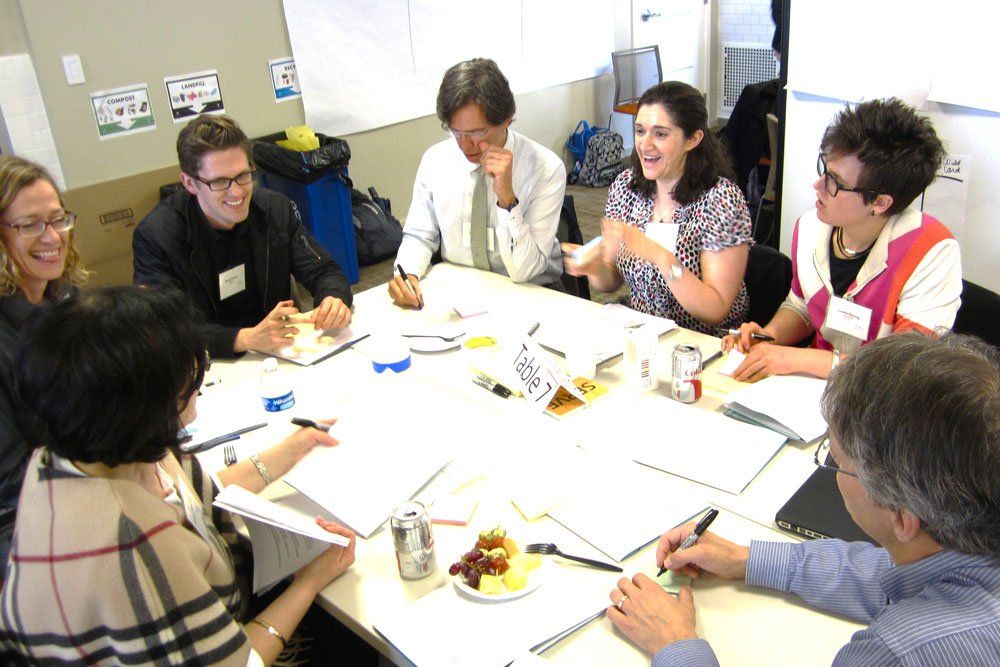
MEDICAL EDUCATION REVAMP: The UCSF Bridges Curriculum Redesign is aiming to address the ever-widening gap between what medical students are being taught and what they need to function as modern physicians. After more than two years of work, a blueprint was approved by the Faculty Council this past June and will launch in the academic year 2015-2016.
A-TEAM AT AIDS WALK: UCSF finished in first place among this year’s AIDS Walk San Francisco fundraising teams, a feat achieved for the first time since UCSF started participating back in 1987. Various UCSF teams collectively raised $80,050.24, beating the second place team, Project Inform, by $1,519.23.

WALTER SEES DOUBLE: Peter Walter, PhD, earned major recognition for his groundbreaking research on the unfolded protein response this year. First, in May, he received the 2014 Shaw Prize in Life Science and Medicine – Asia’s highest biomedical science honor – and again in September, when he won the 2014 Lasker Basic Medical Research Award – popularly known as the “American Nobels.” Photo by Susan Merrell

MEDICAL CENTER MILESTONE: Thousands gathered on Sept. 6 to celebrate the completion of the new UCSF Medical Center at Mission Bay, which is set to open next February. Starting with the 5K Hard Hat Walk through the neighborhood and ending with the Lights On Festival in the public plaza outside the complex, the event culminated in a multi-color light show illuminating the windows of the children’s, women’s and cancer hospitals. Photo by Noah Berge

MALARIA-PREDICTING MAP: UCSF is working to create an online platform that health workers around the world can use to predict where malaria is likely to be transmitted using data on Google Earth Engine. The goal is to enable resource-poor countries to wage more targeted and effective campaigns against the mosquito-borne disease, which kills 600,000 people a year, most of them children.

BRAIN INJURY FUNDING: An unprecedented, public-private partnership funded by the Department of Defense has been launched to develop better-run clinical trials and may lead to the first successful treatments for traumatic brain injury. Neurosurgeon Geoffrey Manley, right, principal investigator for the new award, spoke at a White House conference Sept. 30 on the role of technology in future treatments for brain injury and post-traumatic stress disorder.

GLOBAL GREATNESS: On its 10-year anniversary as a formal program, UCSF Global Health Sciences has 600 investigators working in 190 countries, attracting some of the field's biggest influencers to UCSF. It celebrated the anniversary in October with two major events: the opening of Mission Hall, where global health faculty are located under one roof for the first time, and symposium bringing together top minds in the field. Photo by Cindy Chew

NATIONAL MEDAL: Biochemist Bruce Alberts, PhD, was one of nine scientists who were awarded the National Medal of Science, the highest U.S. honor for scientific achievement, by President Barack Obama. Alberts’ 50-year career has been one of the most illustrious in modern biology. Renowned for his fundamental discoveries on how DNA is replicated before cells divide, Alberts has been equally lauded as a tireless advocate for science and education.
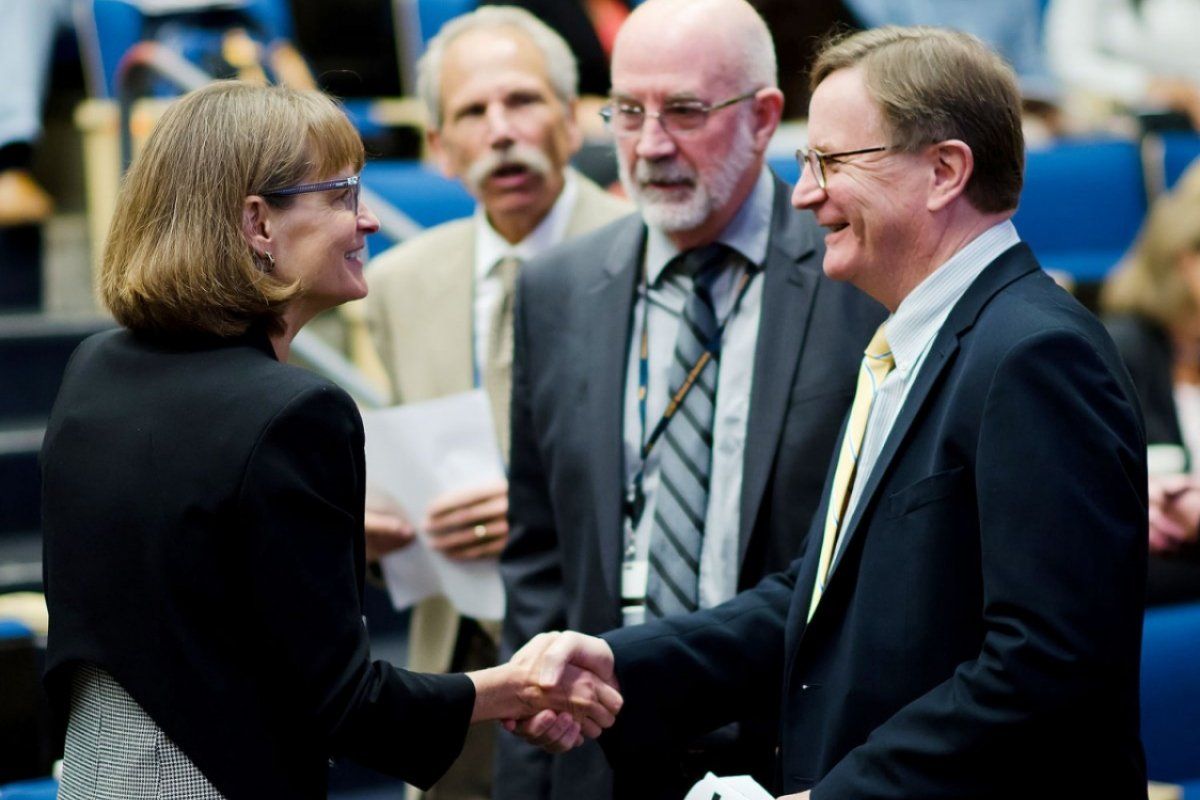
COLLABORATIVE CULTURE: School of Dentistry’s Research and Clinical Excellence Day 2014 was the largest ever in the event’s 11-year history. It featured nine research presentations, two clinical case presentations and a record 61 poster presentations. Chancellor Sam Hawgood cited the day as an especially strong example of the collaborative and interdisciplinary culture of science and clinical practice at UCSF. Photo by David Hand

ALARMING STUDY: A study led by Barbara Drew, RN, PhD, in the School of Nursing logged more than 2.5 million patient monitoring alarms in just one month, many caused by a complex interplay of inappropriate user settings, patients’ conditions and computer algorithm deficiencies. The study, for the first time, comprehensively defined the detailed causes, suggesting that medical devices focus on identifying false-positive alarms and determine ways to minimize them.

DIVERSIFYING THE LAB: The National Institutes of Health awarded $17 million to establish the SF BUILD program at San Francisco State University, with UCSF as their research partner, to promote training opportunities and career development for minority students and faculty in the biomedical sciences.

DEMYSTIFYING AUTISM: Two major genetic studies of autism, led in part by UCSF scientists and involving more than 50 laboratories worldwide, newly implicated dozens of genes in the disorder. The research showed that rare mutations in these genes affect communication networks in the brain and compromise fundamental biological mechanisms that govern whether, when and how genes are activated overall.
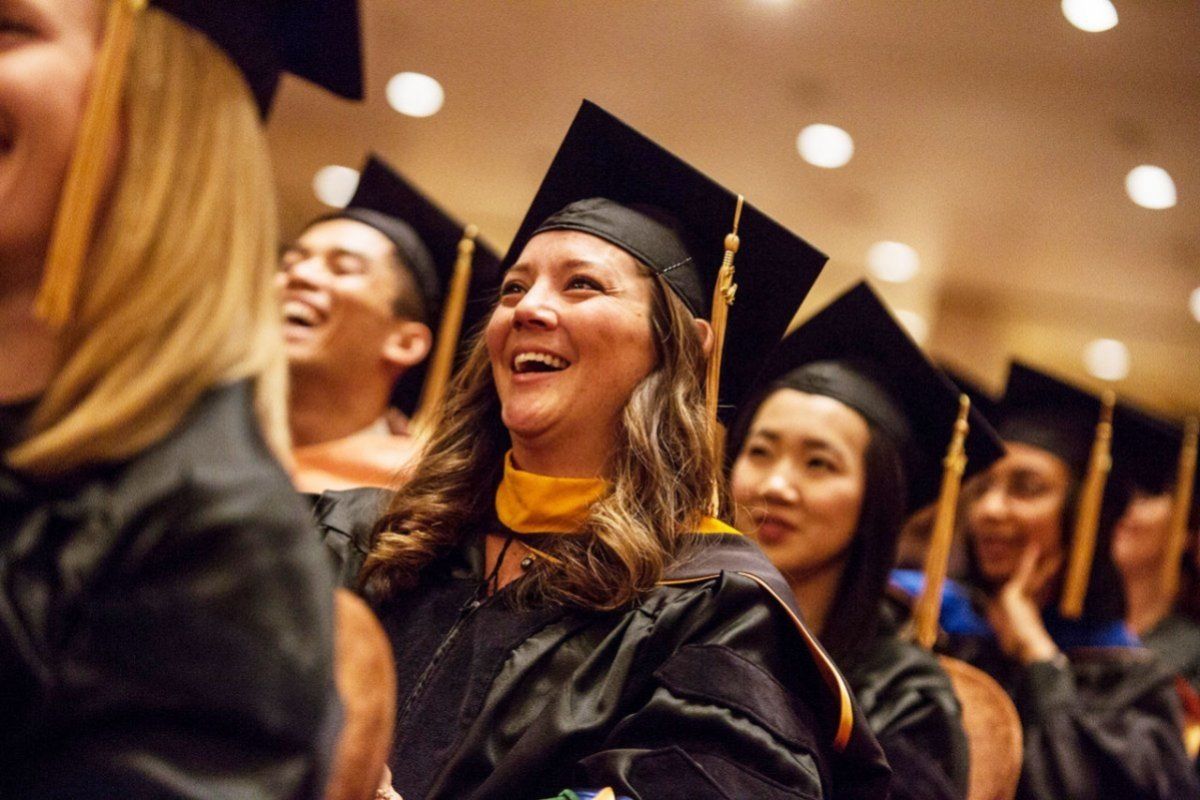
PRESTIGIOUS UNIVERSITY: UCSF always does well in university rankings, and this was another banner year. It ranked among the top five in seven subject areas, according to the inaugural U.S. News & World Report’s Best Global Universities; second in clinical medicine and pharmacy and fifth in life sciences in the 2014 Academic Ranking of World Universities (ARWU); and UCSF’s School of Medicine ranked fourth nationwide in both research and primary care education, according to a U.S. News national survey. Photo by Elisabeth Fall
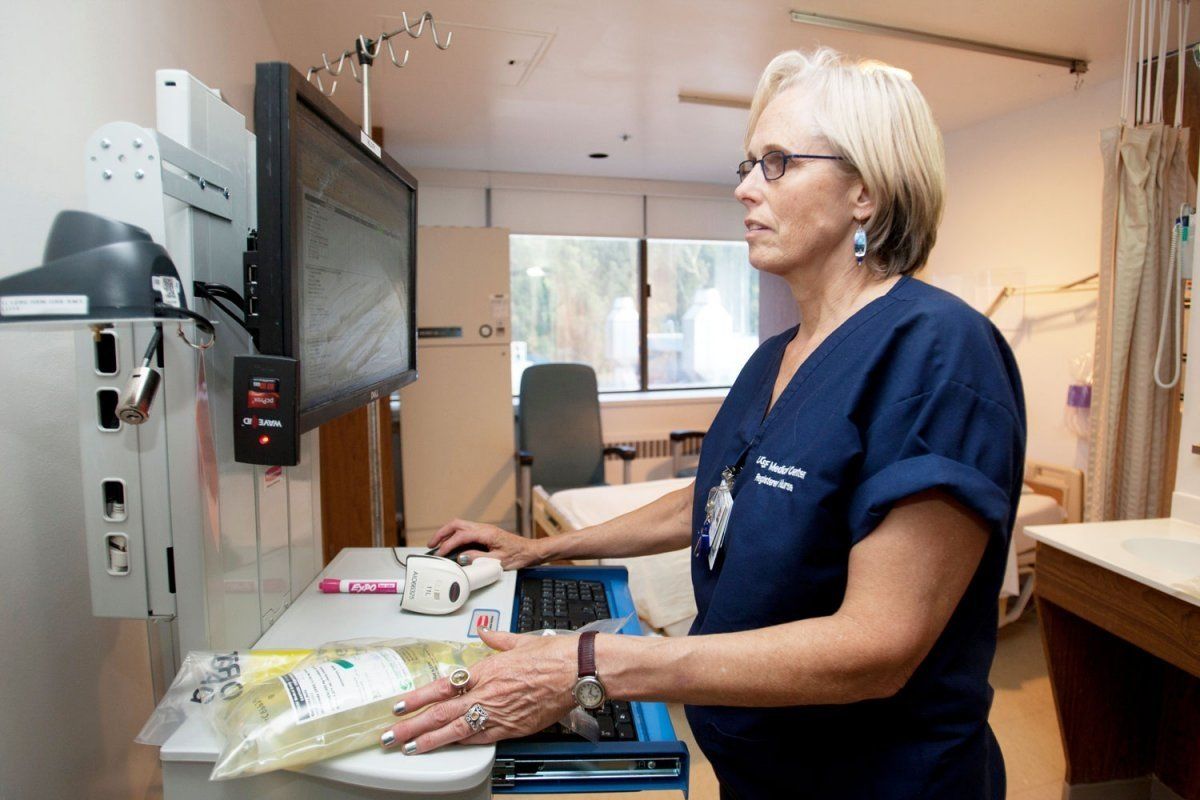
PRECISION MEDICINE IN PRACTICE: More than a decade after the completion of Human Genome Project, the technical work needed to integrate a patient’s genomic information into the day-to-day practice of medicine has lagged far behind. This fall, UCSF unveiled a comprehensive cancer genetic testing program integrated with patients' electronic medical records, a major milestone in bringing precision medicine into daily reality.

UNSWEETENED TRUTHS: In November, researchers at UCSF launched SugarScience, a groundbreaking research and education initiative designed to highlight the most authoritative scientific findings on added sugar and its impact on health. The initiative reflects an exhaustive review of more than 8,000 scientific papers that have been published to date on the health effects of added sugar.

EBOLA RESPONSE: As the Ebola virus began spreading in West Africa, UCSF responded by supporting its employees volunteering to tackle the outbreak abroad and by making preparations in the event of an Ebola case at home. In December, UCSF Medical Center was officially designated an Ebola treatment center by the U.S. Department of Health & Human Services – the only one in San Francisco and one of only 35 hospitals in the U.S. Photo by Susan Merrell

#WHITECOATS4BLACKLIVES: UCSF students led a national movement via social media that examined how racial disparities impact health care. Using the hashtag “whitecoats4blacklives,” they led a symbolic “die-in” at UCSF and more than 50 medical campuses throughout the country to address how access to health care differ based on ethnicity.